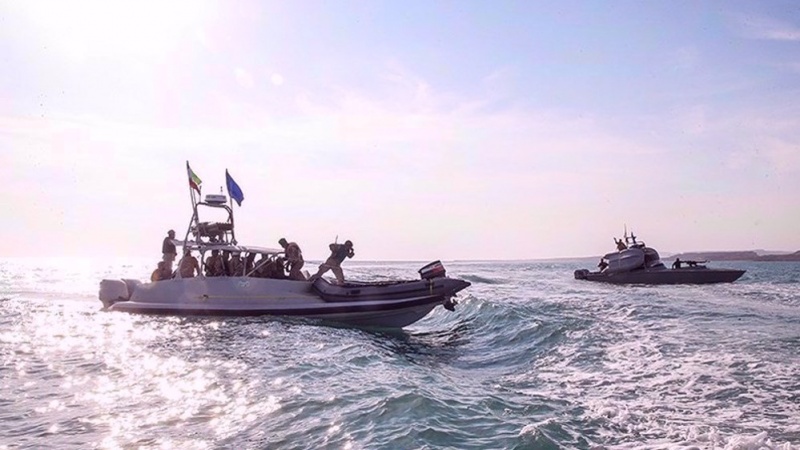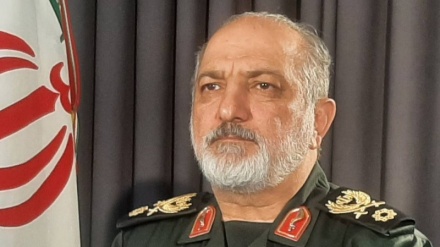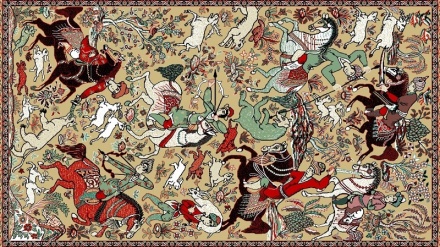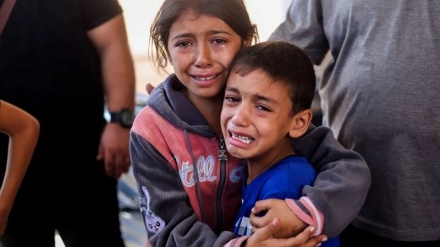IRGC Navy rejects US claim that merchant ship ‘harassed’ in Strait of Hormuz
Iran's Islamic Revolution Guards Corps (IRGC) Navy has dismissed Western claims that a merchant ship was “harassed” by its boats in the Strait of Hormuz as the elite force responded to a distress call and rushed to its help.
Brigadier General Abbas Gholamshahi, the commander of the IRGC Navy's First Zone, made the statement on Monday after the United States Navy claimed its sailors and the United Kingdom’s Royal Navy came to the aid of a ship in the Strait of Hormuz after the Iranian force’s fast-attack boats “harassed” it.
Gholamshahi said the hostile media outlets acted unprofessionally without observing the media ethics and tried to provoke insecurity and justify the “illegitimate and unjustifiable presence of the extra-regional countries in the Persian Gulf” by spreading false news.
The IRGC Navy commander said a Marshall Islands-flagged trade vessel issued a distress call when it was approaching the Strait of Hormuz at 4:15 p.m. local time on Saturday.
“The command and control center of Iran at the Hormuz Strait responded to the call immediately, and resolved the ship’s concerns about the presence of non-military light boats near it after considering the request and evaluating the situation in that region,” he said.
Gholamshahi said the trade vessel’s captain had complained he had spotted “three non-military light boats” at a distance of a few miles, voicing concern about possible harassment.
Gholamshahi said there were no extra-regional vessels in the location where the trade vessel had requested assistance, adding that the media claims about the presence of foreign naval forces were “totally false.”
The Navy commander also said ensuring security, carrying out rescue missions, and giving timely response to distress calls in the Persian Gulf and Strait of Hormuz are the ordinary tasks that the IRGC forces perform on a routine basis.
Gholamshahi said the responsibility to ensure the Persian Gulf security lies with the regional countries and the Persian Gulf states can protect lasting security in the strategic maritime region without the need for outsiders.
The Persian Gulf — which spans some 251,000 square kilometers — is bounded by the Arvand River in the north, which forms the frontier between Iran and Iraq, and the Strait of Hormuz in the south, which links the Persian Gulf to the Sea of Oman and the Indian Ocean.
The inland sea is an international trade route connecting West Asia to Africa, India, and China.
Iran has made it clear that it views US military vessels lurking in the waters of the Persian Gulf as a threat to its national security and a source of tension and instability in the region.
The Islamic Republic has repeatedly vowed to give a decisive response to any hostile move by Washington that would disrupt the security of the strategic waterway.
MG



